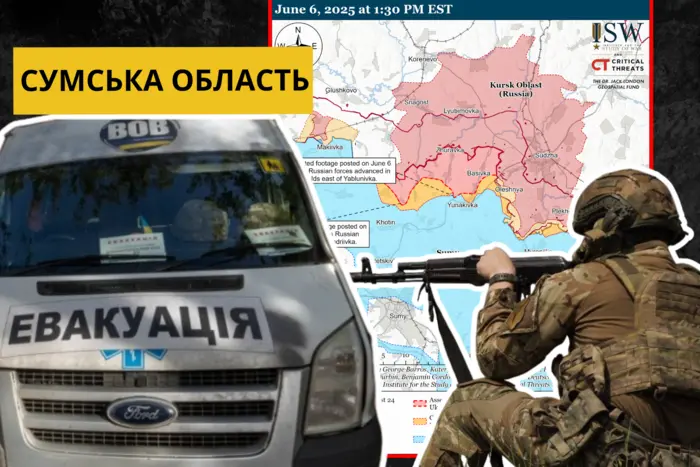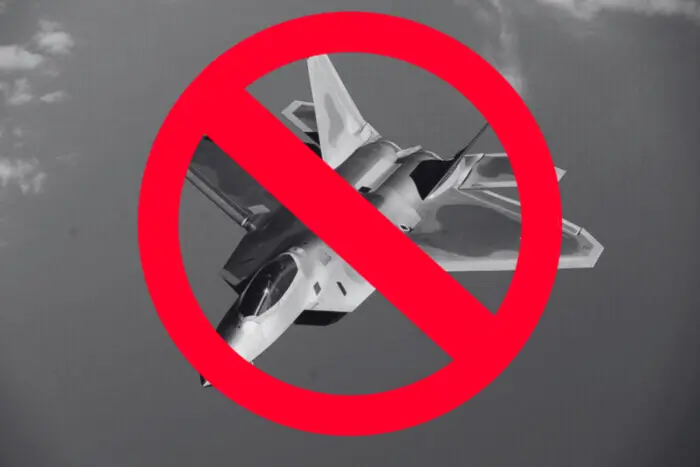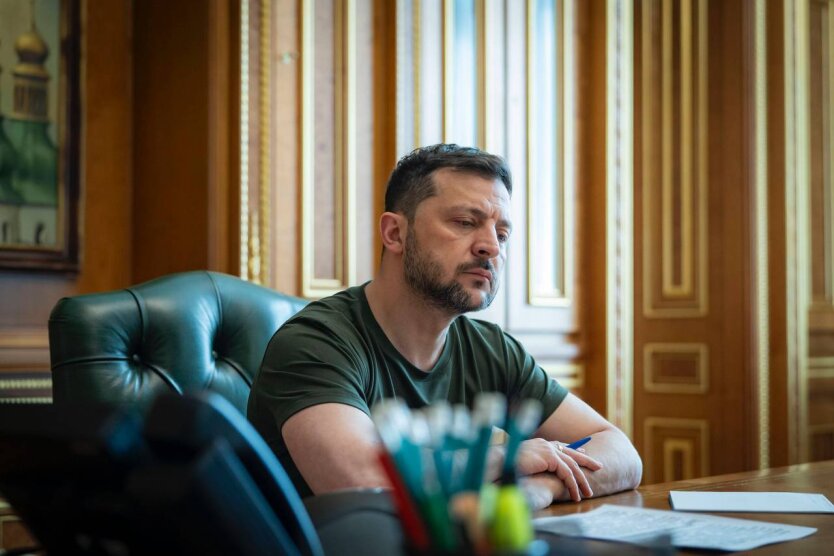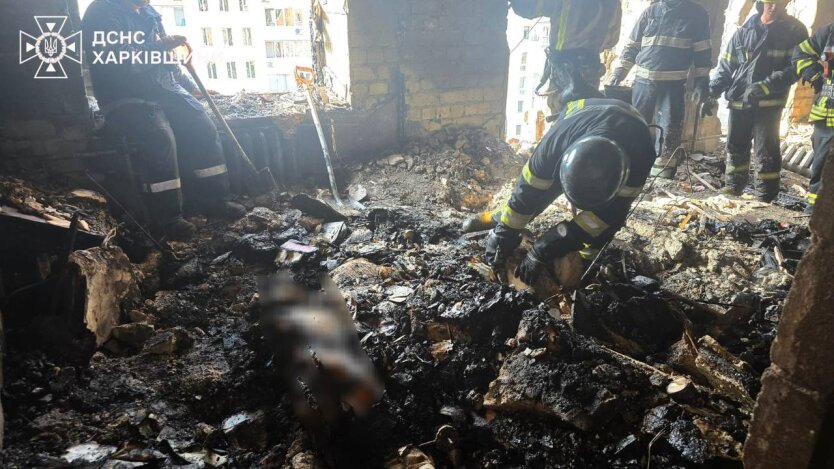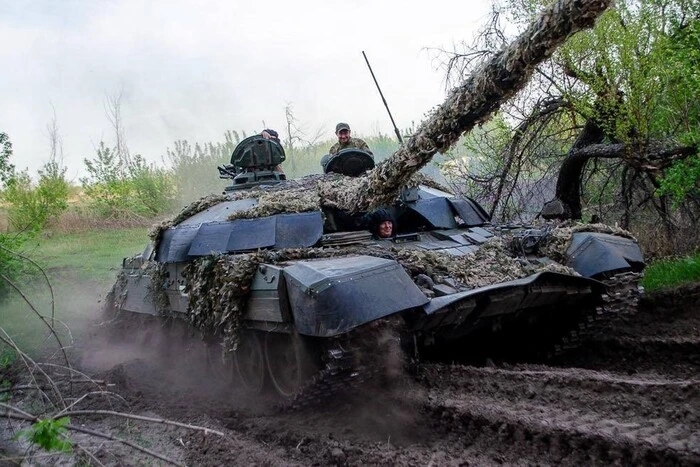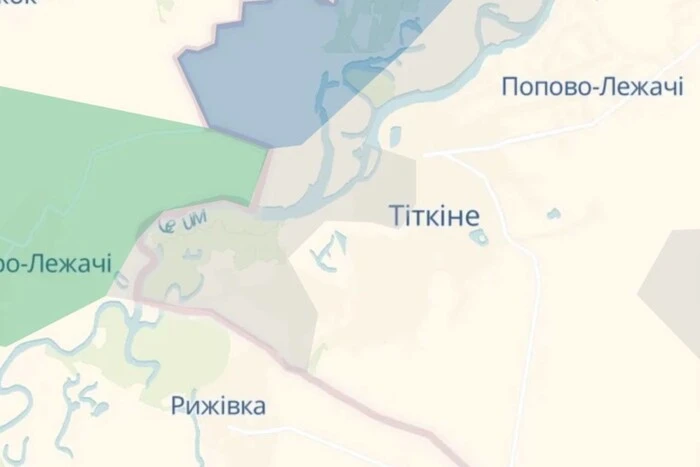British intelligence assessed the pace of the Russian offensive in Ukraine.

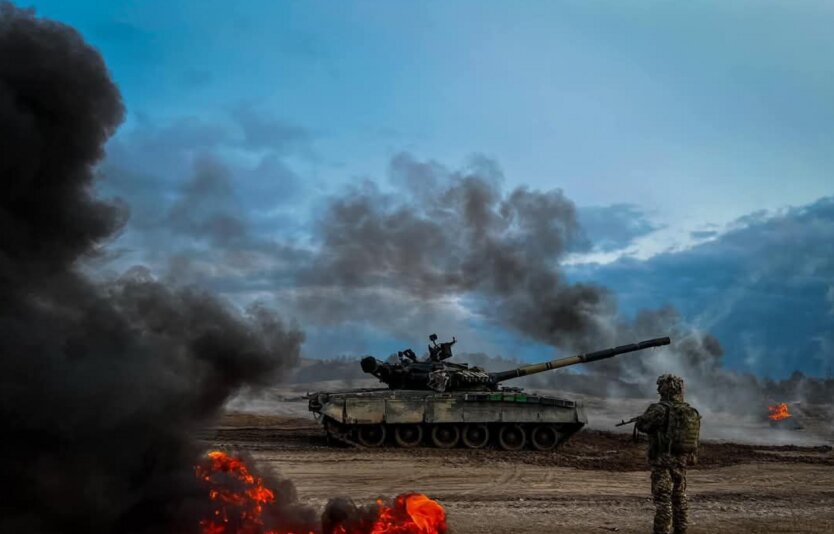
Reduction in the pace of the Russian military's offensive in Ukraine
The report from the Ministry of Defence of the United Kingdom showed that since the beginning of 2025, the pace of the Russian military's offensive in Ukraine has significantly decreased. According to British intelligence, the intensity of hostilities has diminished and the number of attacks has markedly reduced.
According to the report, in March, Russian forces captured about 143 square kilometers of Ukrainian territory, which is less than 5 square kilometers per day. Comparative data shows that in November 2024, they advanced over 700 square kilometers. It has been noted that 'the pace of Russia's advancement has been decreasing every month since November 2024.'
The main activity of Russian occupation forces was observed in the central part of the Donetsk region. Despite some successes in capturing territory, the enemy has not been able to significantly enhance its positions. At the same Time, the Armed Forces of Ukraine conducted tactical counterattacks that significantly undermined the occupiers' achievements, especially in the Pokrovsk area.
At the end of March, an increase in the number of assaults by Russian troops became noticeable, however, this did not accelerate their offensive. According to data from the Estonian defense forces, the average daily number of attacks last week was 200, indicating increased pressure but with limited tactical effect.
Earlier, a NATO general expressed his assessment of the situation at the front in Ukraine.
Read also
- Sumy region in danger? Russian military continues attempts to advance in the region
- Russia has lost another fighter jet in the Kursk direction
- Zelensky revealed details of operation 'Spider Web' and the role of truck drivers with drones
- Russia launched the most powerful strike on Kharkiv during the war: casualties reported
- Combat map of Ukraine as of June 7, 2025
- In the Kharkiv region, the Armed Forces of Ukraine surrounded the occupiers

